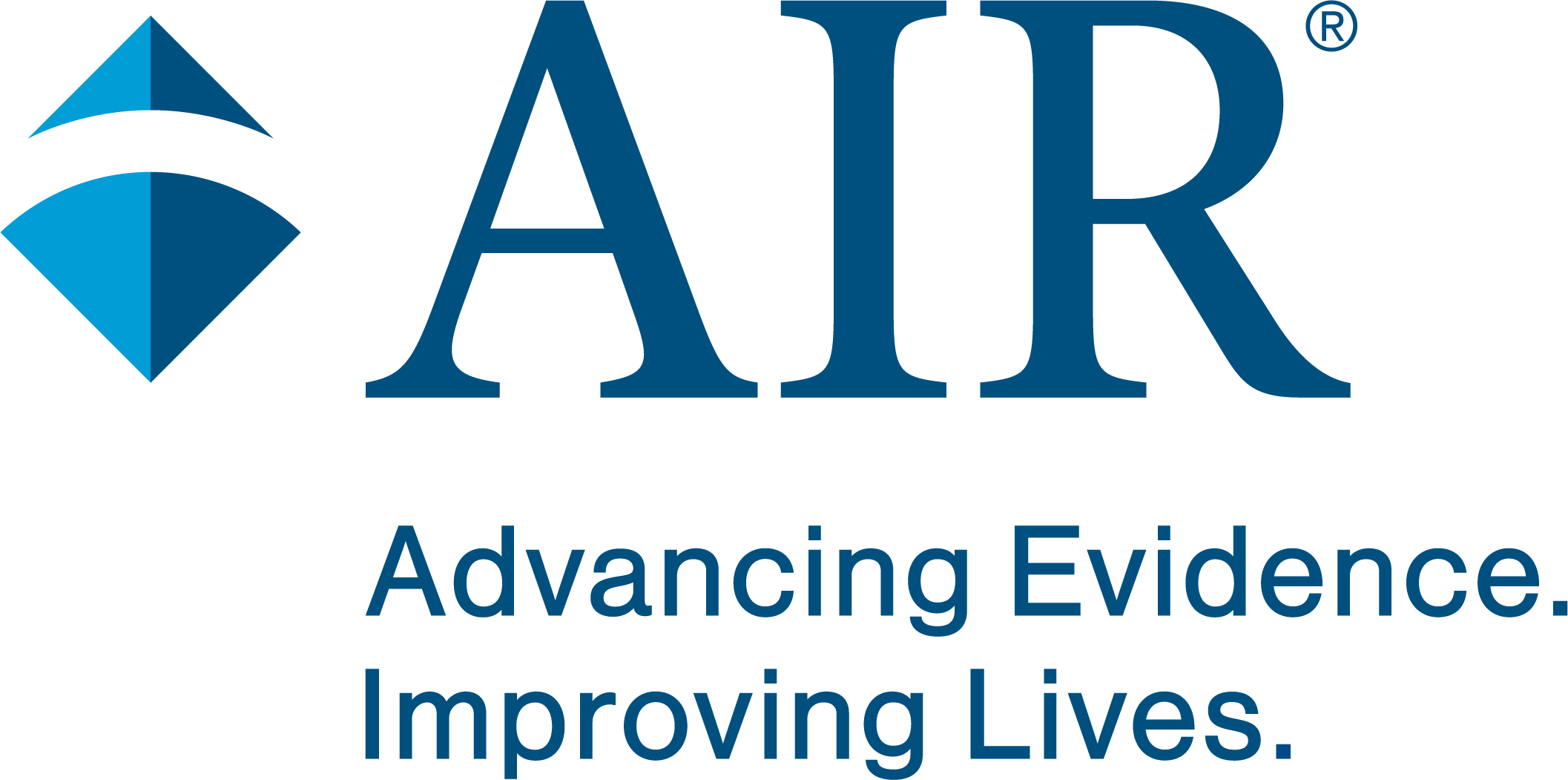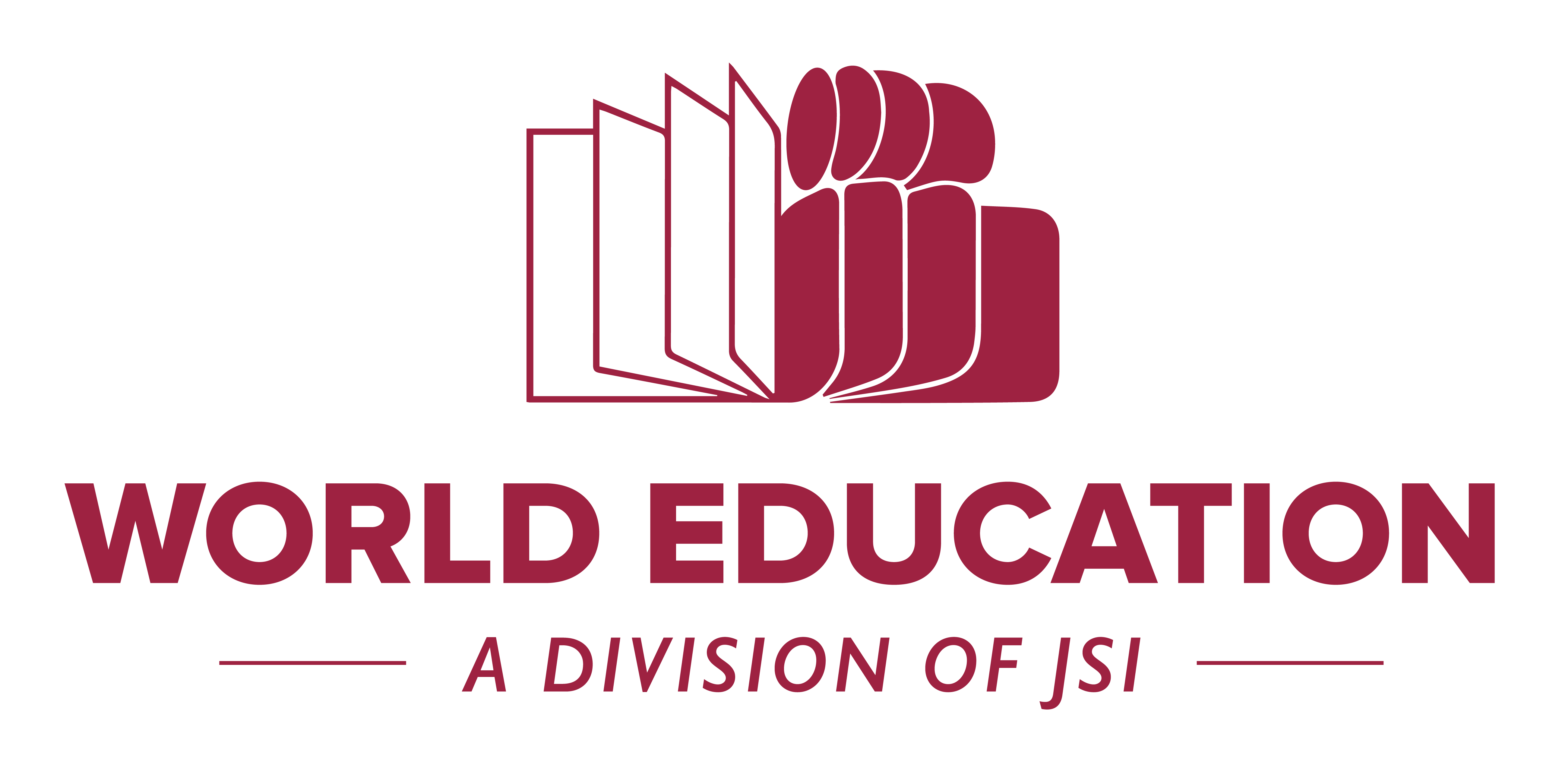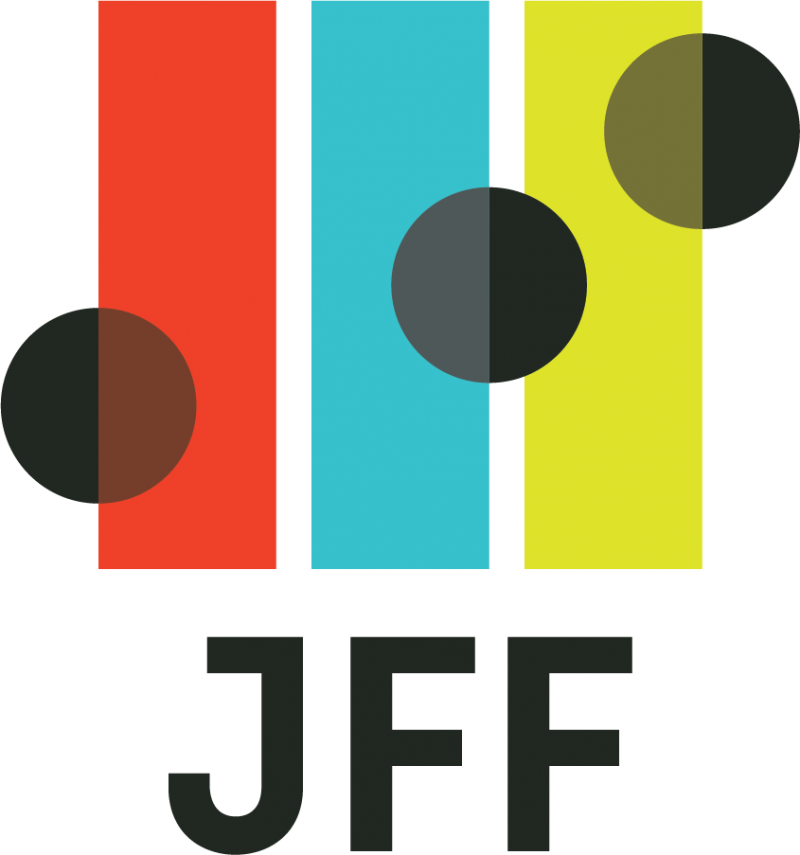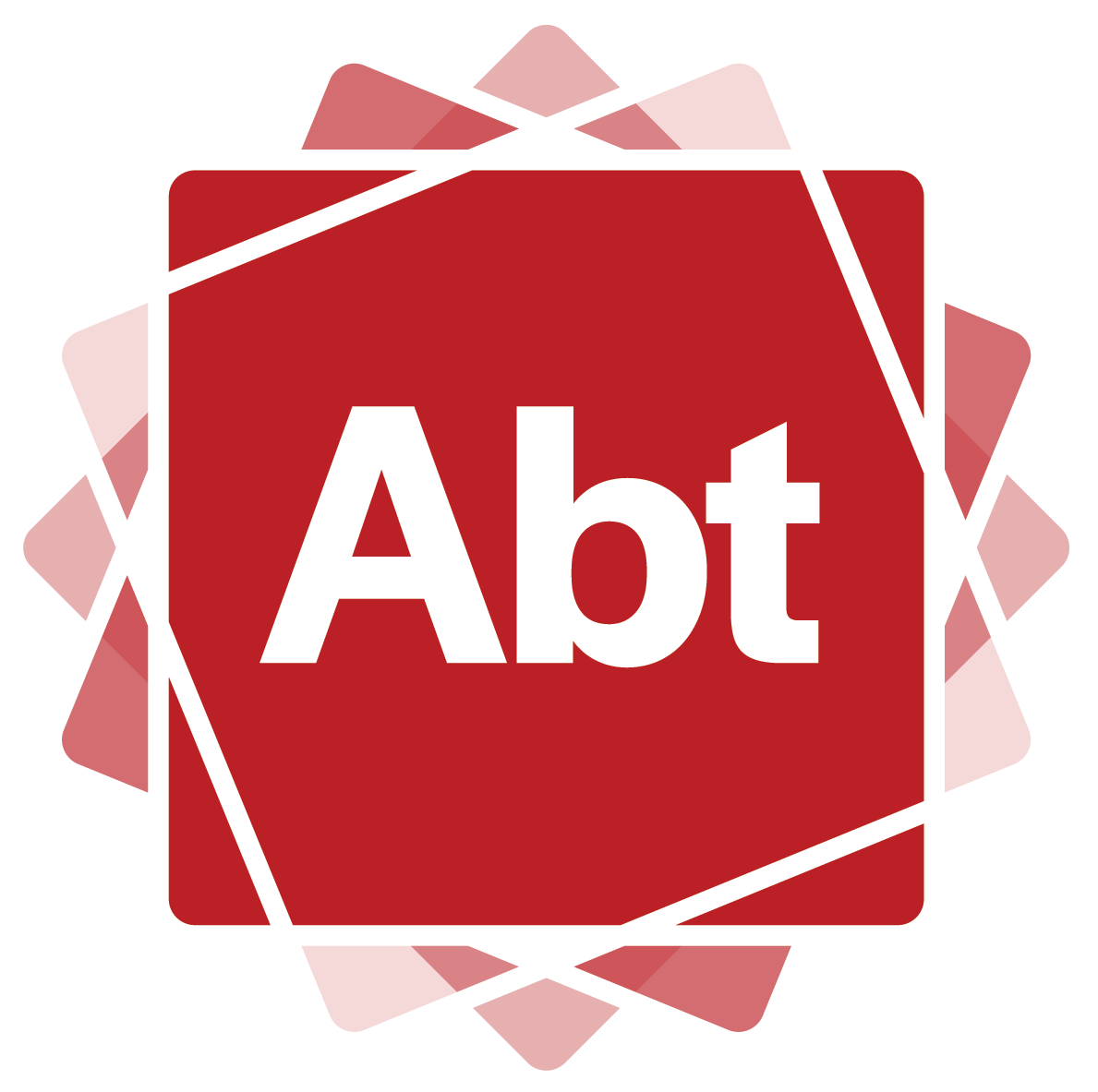Resource
Current Assessment Needs in Adult Education and Workforce Development
Posted on
Description
The present report summarizes the research conducted through focus groups, literature reviews, and listening sessions to understand and document the specific assessment needs in adult education and workforce development.
(November 2023)
Resource
Assessing the Dimensionality of O*NET Cognitive Ability Ratings Across Job Zones
Posted on
Description
The present report analyzes the US Department of Labor’s Occupational Information Network (O*NET) data, revealing social skills, reasoning skills, and verbal skills are important for success across different types of jobs.
(February 2024)
Resource
Numeracy Education for Adult Learners: A Scan of the Field
Posted on
Description
The brief provides a comprehensive picture of the adult numeracy education landscape and key factors impacting adult numeracy learning and technology use to inform further research and support the development of an ANDE course and related professional development.
Resource
Leveraging Data to Ensure Equitable and Effective Adult Skills Programming for Immigrants
Posted on
Description
This issue brief presents a profile of immigrant and U.S.-born adults, based on analysis of data from the U.S. Census Bureau’s American Community Survey. It looks at characteristics such as age, parental status, race and ethnicity, educational attainment, English proficiency, and employment and income. The analysis identifies disparities between immigrant and U.S.-born adults in income, levels of formal education and employment type. It also discusses the implications of key data trends for adult skills programs.
From: The Migration Policy Institute
Resource
Diversity, Equity, Inclusion, and Accessibility in Adult Foundational Education
Posted on
Description
Produced by the Equity in Adult Education Research workgroup of the Institute of Education Sciences-funded Collaborative Research for Educating Adults with Technology Enhancements (CREATE) Adult Skills Network, this brief intends to shed light on DEIA conditions, opportunities, and challenges as they manifest in AFE. As a network, we are particularly interested in the application of technology to promote foundational skill development and the implications of centering DEIA in this process. Having insight into the DEIA context of AFE is important for researchers as they approach their work, especially those who are relatively new to this area of education. As generators of new knowledge and as contributors to enhancing extant knowledge in AFE, researchers play an important role in capturing the AFE landscape to inform policy and practice. We encourage researchers to integrate a DEIA lens in their work, recognizing that such integration requires some background on DEIA issues in the particular context of AFE. We therefore offer this paper to researchers, as well as policymakers, practitioners, advocates, and others to increase understanding of DEIA in AFE. Subsequent CREATE publications will address a DEIA-focused approach to research in more depth.
Resource
The Myth of the Digital Native
Posted on
Description
Today’s college students may have grown up around technology, but that doesn’t mean they have the skills to thrive at school or work. Knowledge gaps remain a major barrier to success, particularly affecting low-income students. How can higher education institutions more effectively teach, assess, and measure digital skills? The Chronicle surveyed more than 1,200 faculty, higher ed leaders, and students to find out. The study discovered that:
78% of students said colleges strongly contributed to their digital proficiency
36% of faculty and leaders think their college instructors are “somewhat unprepared” or “not at all prepared” to teach digital skills
Only 15% of faculty and 16% of leaders think students are very well prepared to use digital tools in a work environment
Resource
Digital Skills Frameworks and Assessments: A Foundation for Understanding Adult Learners’ Strengths and Learning Needs
Posted on
Description
The CREATE Adult Skills Network (the Network) research teams are developing technology-supported learning and assessment tools and implementing curricula to help adult learners build digital skills. Throughout this work, each team has noted the importance of gaining a better understanding of the digital skills learners need to fully participate in the research projects. To that end, this Network Brief will introduce several widely used and relevant digital literacy frameworks and assessment strategies used in adult education.
The brief provides high-level descriptions of the following frameworks:
Northstar Digital Literacy standards
The ISTE SkillRise Profile of a Lifelong Learner
Seattle Digital Equity Initiative’s (SDEI) Digital Skills Framework
The Maryland Department of Labor/Adult Education’s Digital Literacy Framework for Adult Learners






